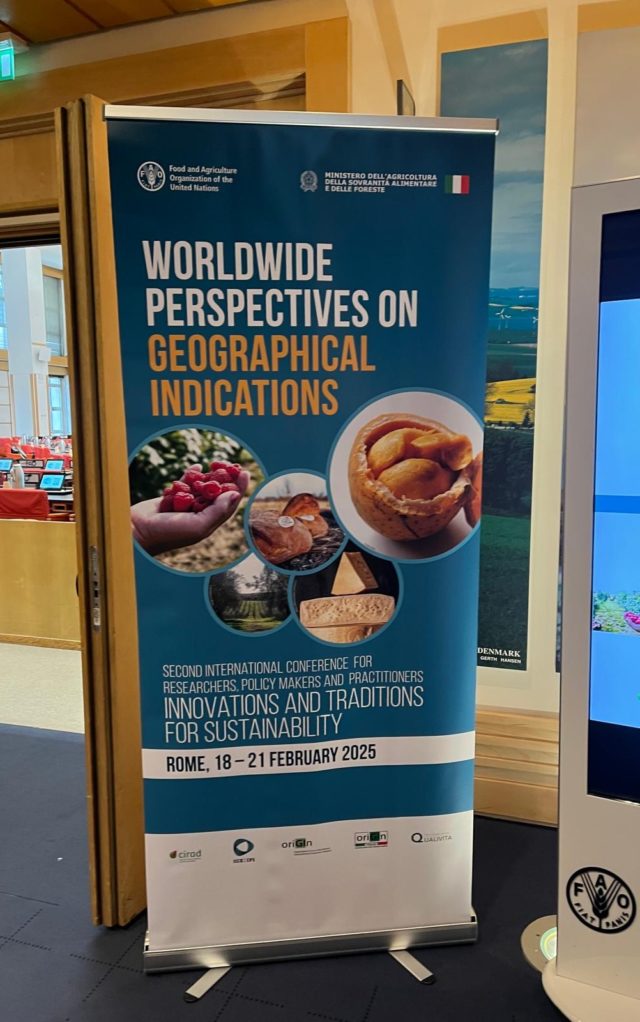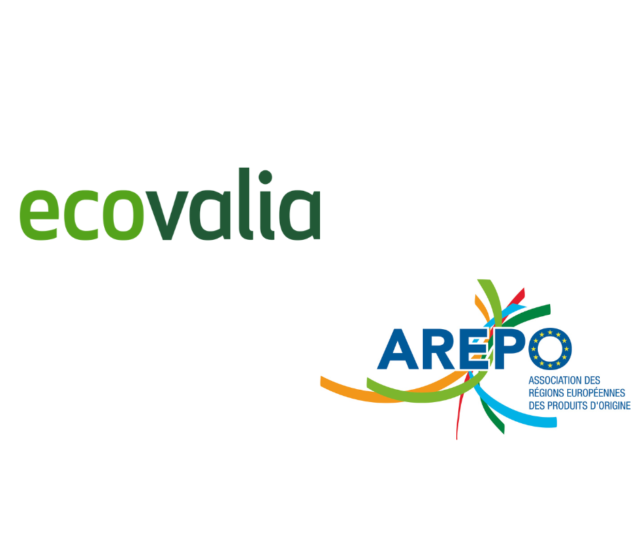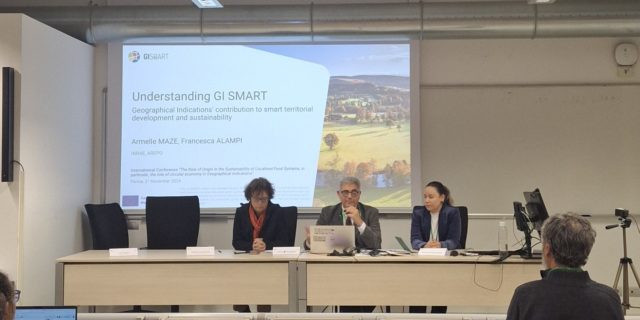Geographical Indications (‘GIs’) designate a product whose reputation, characteristics and quality are essentially due to their geographical origin. They are identifiers of ‘origin products’, immersed in a specific local natural and socio-cultural ecosystem. Local tangible and intangible assets and the associated reputation are nurtured over time, but they are also vulnerable to erosion. GIs encourage stakeholders to codify arrangements (product specifications) as a response to this problem.
The importance of collective action issues in GIs has been demonstrated by interdisciplinary scholarship. However, it is mostly considered extraneous in the legal discourse and in policy prescriptions at the European level. Through a transdisciplinary approach this work combines comparative legal and case study analyses, illustrating the diversity of the protection and valorisation strategies of French and Italian agricultural and non-agricultural origin products.
Inspired by the theory and diagnostic frameworks of Elinor Ostrom’s and colleagues for analysing human cooperation for the sustainable governance of tangible and intangible commons, it explores the potential of the conceptual proximity between GIs and the commons reframing key aspects of GI legal theory and embracing the collective action perspective. The analysis of how actors’ interactions in rulemaking for product specification design affects the outcomes, reveals that the interpretation and implementation of national legal rules at the pre-registration and registration phases are not harmonised in Europe. Empirically grounded findings flag legally relevant collective action issues in GI settings and support suggestions for coherent policy transitions, measuring implementation feasibility and avoiding panaceas.










